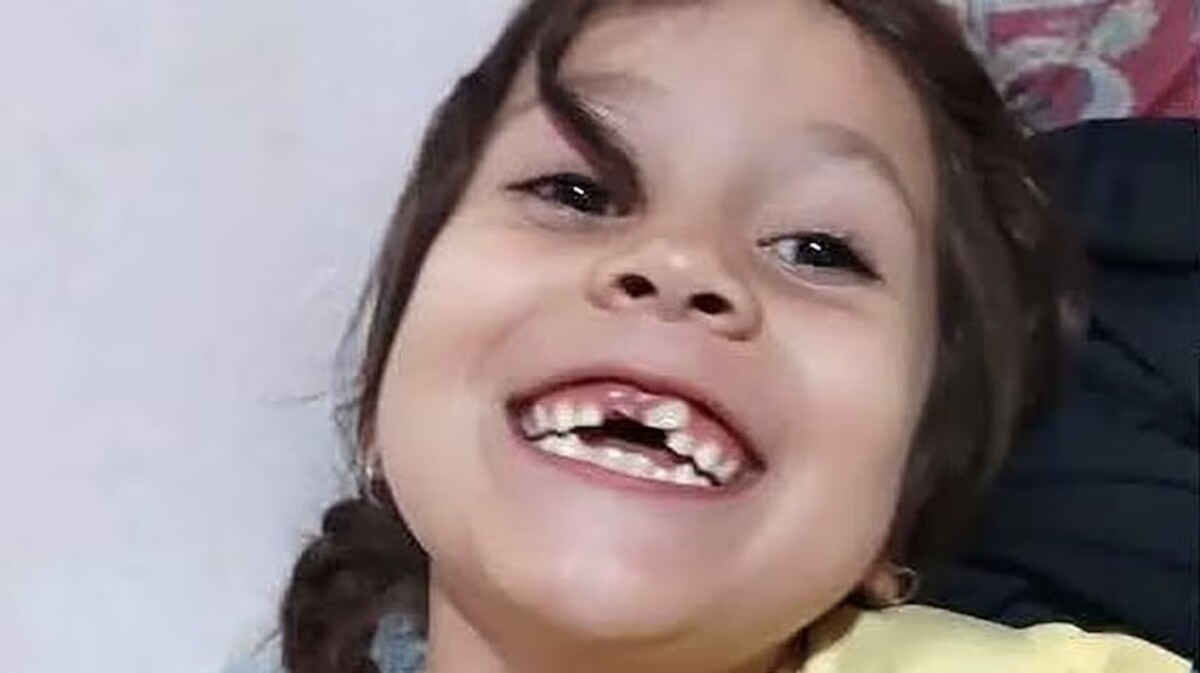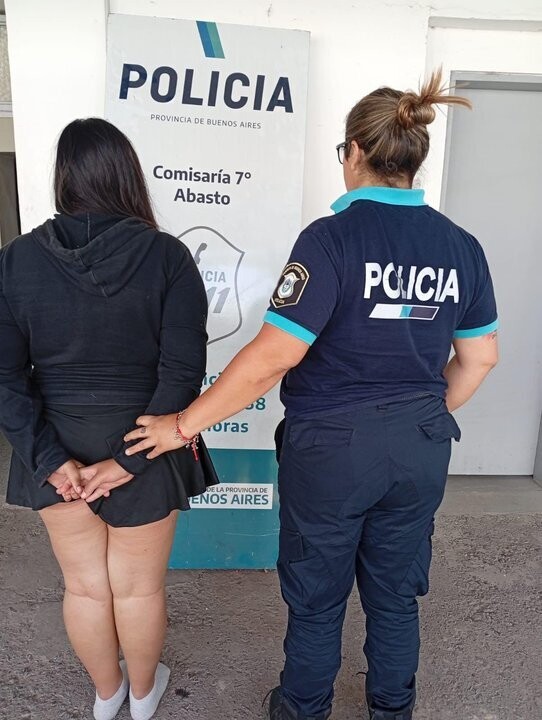
The National Government is seeking to accelerate the processing and subsequent sanctioning of the reduction in the age of criminal responsibility, following the murder of Kim Gómez in La Plata by two adolescents aged 14 and 17. Currently, one of the detainees for this crime is considered not criminally responsible by law, leaving him exempt from being convicted for the murder of the girl who was dragged for blocks while trying to escape from a stolen car.
The Minister of Security, Patricia Bullrich, expressed her opinion on this matter through social networks affirming the need to implement changes in the Juvenile Penal Regime. The National Executive has presented a bill aimed at reducing the age of criminal responsibility to thirteen years and establishing a new Juvenile Penal Regime for adolescents who commit crimes specified in the Criminal Code.
The goal of this initiative is to provide a legal response to the situation of minors committing crimes, as, according to the Government, the impunity of those under 16 years who commit crimes generates a perception of injustice in society. The proposed bill entails a maximum penalty of 20 years in prison and prohibits life imprisonment for minors.
The bill proposes a penal regime for adolescents between 13 and 18 years old who commit crimes specified in the Criminal Code, excluding the possibility of life imprisonment and limiting the maximum penalty to 20 years. The Government argues that this new legislation must include comprehensive measures that allow for the social reintegration of young offenders, in addition to considering national and international constitutional and legal principles.
Since the enactment of the current juvenile criminal law in 1980, Argentine society has experienced significant changes that demand an update in the regulation of juvenile criminal justice. The Government considers the approval of this special law urgent to meet current social needs and more effectively regulate the situation of juvenile offenders.
The discussion and approval of this law are presented as an urgent necessity to end the impunity of juvenile offenders, as stated by the Government. The crime that occurred in La Plata is described as an "aberration" and it is expected that the deputies will approve this legislative initiative to address the situation of young offenders more effectively and ensure the security of society.














